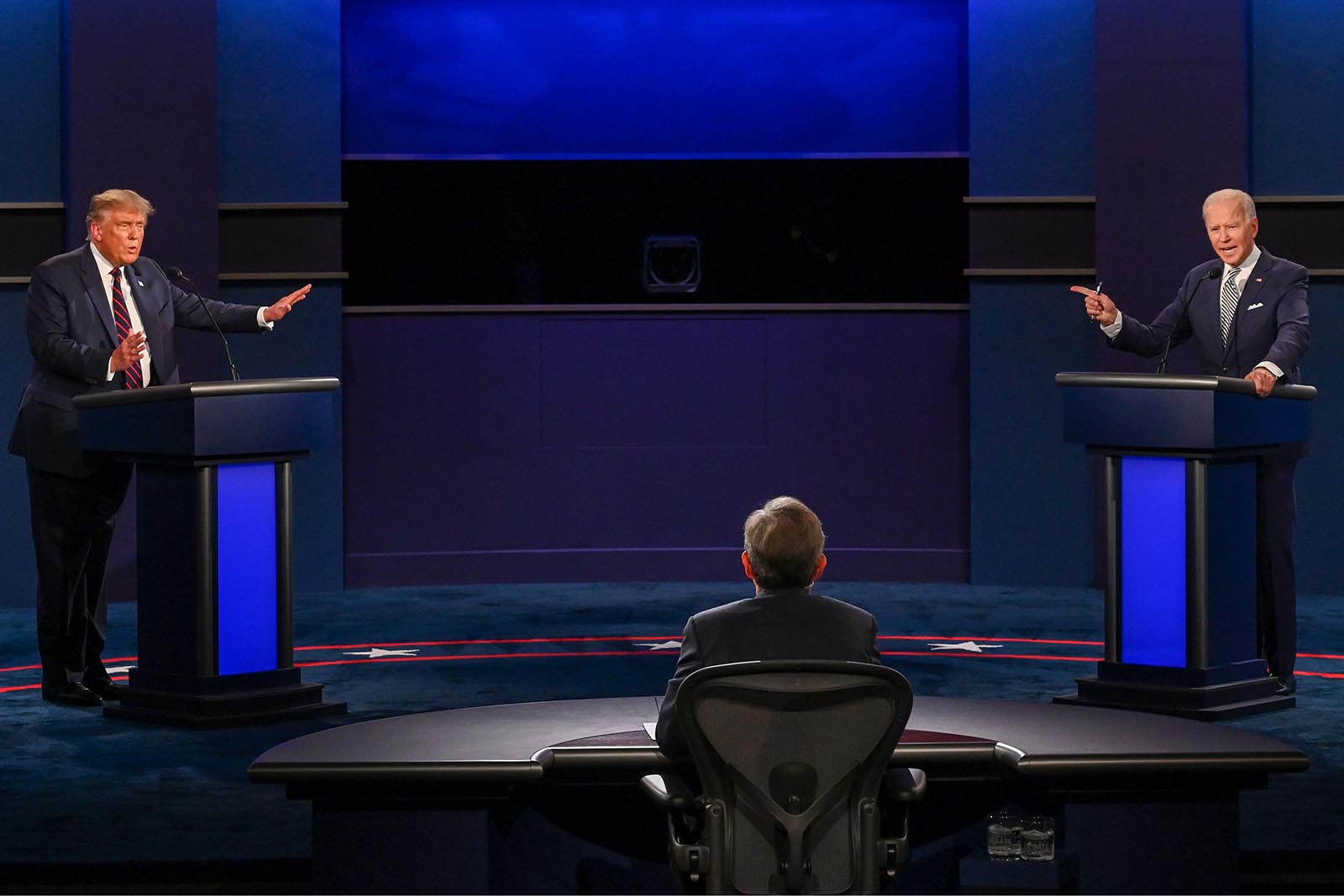The Commission on Presidential Debates (CPD)

The Commission on Presidential Debates (CPD) is a non-profit organization responsible for organizing and moderating the general election debates for the President and Vice President of the United States. The CPD has been the sole entity responsible for these debates since 1988.
Role of the CPD
The CPD’s primary role is to ensure that the presidential debates are fair, informative, and accessible to the American public. The organization works closely with the major political parties and the campaigns of the candidates to determine the format, rules, and procedures for the debates.
History of the CPD
The CPD was founded in 1987 by representatives from the Democratic and Republican parties, who were seeking to ensure that the debates would be conducted in a neutral and professional manner. The creation of the CPD came after a period of controversy surrounding the 1984 presidential debates, which were organized by the League of Women Voters. The League withdrew from organizing the debates after concerns about the candidates’ demands for more control over the process.
Relationship with Political Parties
The CPD has a close relationship with the major political parties, but it is also independent of them. The organization’s board of directors is composed of representatives from both parties, as well as members from the academic and media communities. The CPD is committed to ensuring that the debates are fair and impartial, and that they provide a platform for the candidates to present their views to the American people.
Moderator Selection Criteria
The CPD uses a number of criteria to select moderators for the presidential debates. These criteria include:
- Experience in journalism and broadcasting
- Knowledge of the issues and the candidates
- Ability to remain neutral and objective
- Strong communication skills
- Ability to handle difficult situations
The CPD has selected a variety of moderators over the years, including journalists, academics, and political commentators. Some notable past moderators include:
- Jim Lehrer (PBS NewsHour)
- Candy Crowley (CNN)
- Lester Holt (NBC News)
- Chris Wallace (Fox News)
- Kristen Welker (NBC News)
Public Expectations and Criticisms: Who Is Moderating The Next Presidential Debate

The role of a presidential debate moderator is crucial in shaping the public’s understanding of the candidates’ positions and the issues at stake. Moderators are expected to navigate a complex landscape of expectations, including ensuring fairness, impartiality, and control over the debate.
Different Perspectives on the Role of Moderators
The public holds diverse perspectives on the role of moderators in presidential debates. Some believe that moderators should act as neutral facilitators, allowing the candidates to present their views without interference. Others advocate for a more active role, where moderators challenge candidates on inconsistencies or gaps in their arguments.
- Neutral Facilitator: Proponents of this view argue that moderators should primarily focus on ensuring a fair and balanced exchange of ideas. They believe that moderators should avoid interrupting candidates, asking leading questions, or expressing personal opinions.
- Active Challenger: Advocates for a more active role believe that moderators have a responsibility to hold candidates accountable for their statements and to challenge them on inconsistencies or gaps in their arguments. They argue that this approach helps to ensure that the public receives a more informed and accurate picture of the candidates’ positions.
Criticisms of Moderators and their Potential Impact, Who is moderating the next presidential debate
Throughout history, presidential debate moderators have faced criticism for various reasons. These criticisms can have a significant impact on the debate’s perceived fairness and the public’s trust in the process.
| Criticism | Potential Impact | Example |
|---|---|---|
| Bias | Erosion of public trust in the debate process. | In the 2016 presidential debate, some viewers criticized the moderator for appearing to favor one candidate over the other. This criticism led to accusations of bias and undermined the perceived neutrality of the debate. |
| Lack of Control | Disorganized and chaotic debate, hindering the public’s ability to understand the candidates’ positions. | In the 2020 presidential debate, the lack of control by the moderator led to a chaotic and disruptive exchange between the candidates. This made it difficult for viewers to follow the arguments and assess the candidates’ positions. |
| Failure to Challenge Candidates | Lack of accountability and transparency, allowing candidates to avoid addressing important issues. | In the 2012 presidential debate, some viewers criticized the moderator for failing to challenge the candidates on their positions on certain issues. This criticism suggested that the moderator was not fulfilling their responsibility to hold candidates accountable. |
Who is moderating the next presidential debate – Who’s moderating the next presidential debate? I don’t know, but I’m sure they’ll be prepared for the inevitable question about Iranian-Israeli relations. After all, it’s a hot topic, and it’s sure to come up! Maybe they’ll just hand out earplugs to the audience.
You know, they haven’t announced who’s moderating the next presidential debate yet. Maybe they’re waiting to see if Minnesota Tim Walz is free that night. He’s got a pretty good track record with keeping things civil, even when dealing with politicians.
But then again, maybe they’re just waiting to see if they can find someone who can actually handle the pressure of being in the same room as both candidates at the same time.
